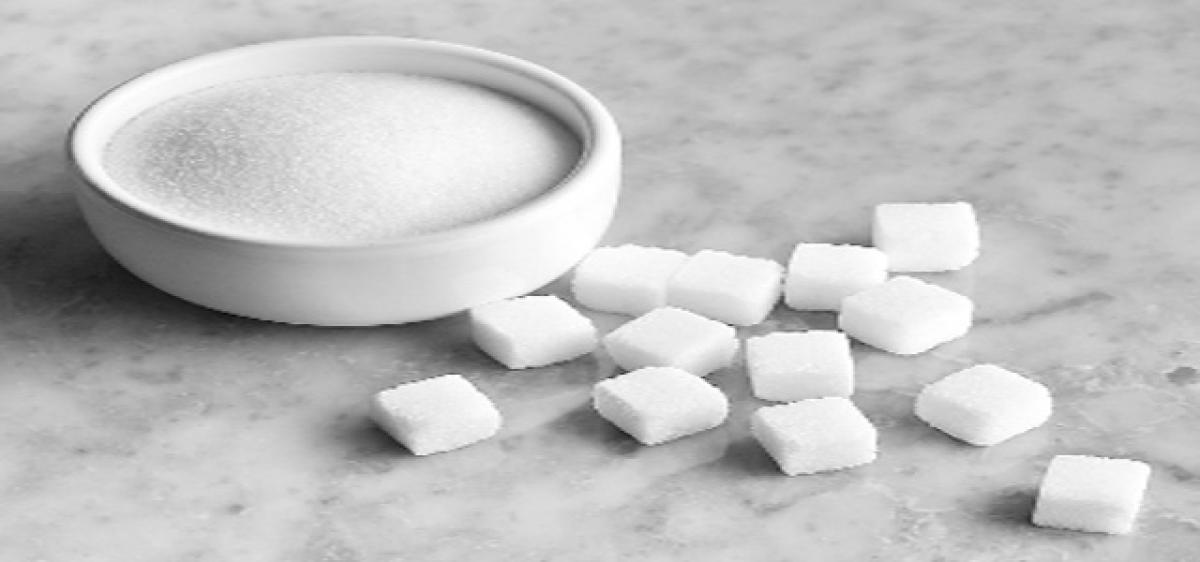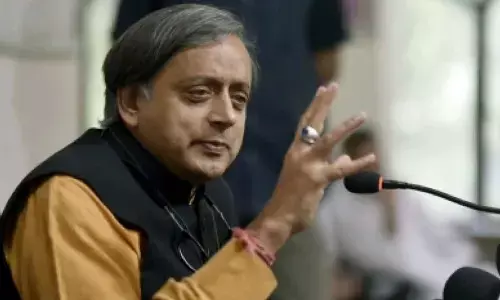Human brain may help generate fructose

Fructose - simple sugar found in fruits, vegetables, table sugar, and many processed foods - is converted in the human brain from glucose, according to a new study.25
Fructose - simple sugar found in fruits, vegetables, table sugar, and many processed foods - is converted in the human brain from glucose, according to a new study.25
Previous studies have established that excess consumption of fructose contributes to high blood sugar and chronic diseases like obesity. But it was not known whether fructose was produced in the brain or crossed over from the bloodstream.
“In this study, we show for the first time that fructose can be produced in the human brain,” said first author Janice Hwang, Assistant Professor at Yale University, in the US.
The study showed that high concentration of fructose in the brain was due to a metabolic pathway called the polyol pathway that converts glucose to fructose.
“By showing that fructose in the brain is not simply due to dietary consumption of fructose, we've shown fructose can be generated from any sugar you eat. It adds another dimension into understanding fructose's effects on the brain," Hwang added, in the paper published in the journal JCI Insight.
Glucose in the brain sends signals of fullness, but that is not the case with fructose. The conversion of glucose to fructose in the brain also occurs in other parts of the body.
This polyol pathway may be one other mechanism by which high blood sugar can exert its adverse effects.
The finding also raises questions about fructose's effects on the brain and eating behaviour, Hwang said.
For the study, the team gave eight healthy, lean individuals infusions of glucose over a four-hour period, where the sugar concentrations in the brains and blood of the participants were assessed.
The results revealed that cerebral fructose levels rose significantly in response to a glucose infusion, with minimal changes in fructose levels in the blood. Fructose - simple sugar found in fruits, vegetables, table sugar, and many processed foods - is converted in the human brain from glucose, according to a new study.
Previous studies have established that excess consumption of fructose contributes to high blood sugar and chronic diseases like obesity. But it was not known whether fructose was produced in the brain or crossed over from the bloodstream.
“In this study, we show for the first time that fructose can be produced in the human brain,” said first author Janice Hwang, Assistant Professor at Yale University, in the US.
The study showed that high concentration of fructose in the brain was due to a metabolic pathway called the polyol pathway that converts glucose to fructose.
“By showing that fructose in the brain is not simply due to dietary consumption of fructose, we've shown fructose can be generated from any sugar you eat. It adds another dimension into understanding fructose's effects on the brain," Hwang added, in the paper published in the journal JCI Insight.
Glucose in the brain sends signals of fullness, but that is not the case with fructose. The conversion of glucose to fructose in the brain also occurs in other parts of the body.
This polyol pathway may be one other mechanism by which high blood sugar can exert its adverse effects.
The finding also raises questions about fructose's effects on the brain and eating behaviour, Hwang said.
For the study, the team gave eight healthy, lean individuals infusions of glucose over a four-hour period, where the sugar concentrations in the brains and blood of the participants were assessed.
The results revealed that cerebral fructose levels rose significantly in response to a gFructose - simple sugar found in fruits, vegetables, table sugar, and many processed foods - is converted in the human brain from glucose, according to a new study.25lucose infusion, with minimal changes in fructose levels in the blood.

















